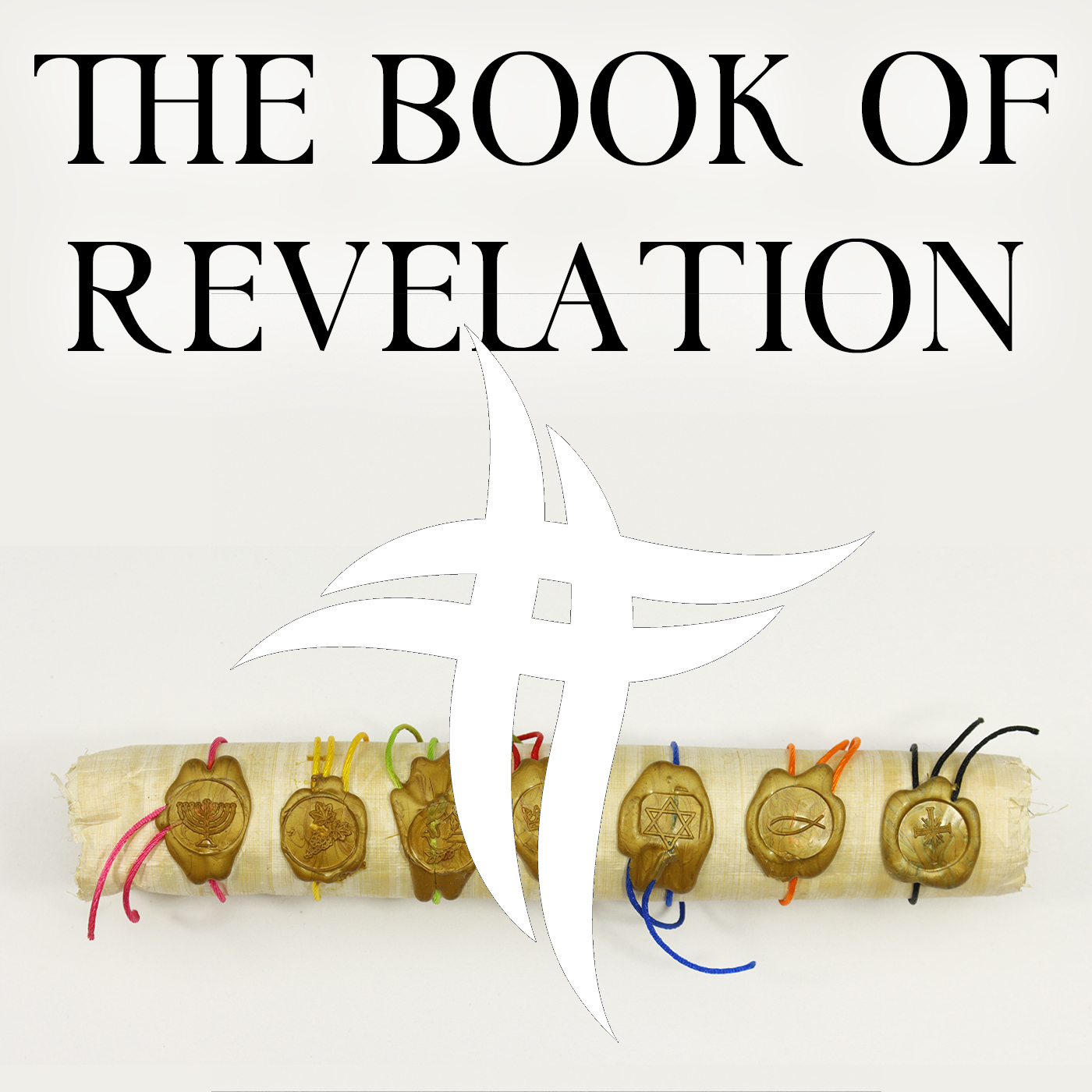View Full Transcript
Episode Transcript
[00:00:00] Want to wish you and your family a merry Christmas. And the upside of being here in person via streaming is that there's cookies and hot apple cider right after the service. Ah, that's. That's a benefit. Thank you so much. Appreciate that.
[00:00:17] Amen. Also, I want to mention this morning, as you're leaving, we can receive a special offering. We do this every year. We give to those in need. I don't know if you realize this. Throughout the year, we have kind of a fund in our church called benevolence, which means we're doing something good for those who are in need. And throughout the year, we've been handing out food vouchers, hampers. We've been helping people in our community in need. And we also, as a church family, we're supporting orphans in other parts of the world, especially in India. So we want you to know that when you give to this offering this morning, that's where those monies move towards. So just want you to be aware of that. You say, how do I give? You just go to the information center, and there's a kiosk there, and they'll just receive your monies at that location. We thank you for that. I'm going to have us turn in our bibles. I'm going to just speak briefly from a beautiful text of scripture found in the book of Philippians, chapter two. And I've entitled this message, how to thrive in an upside down world. How many know we are living in a world today? And sometimes we ask the question, will our world ever change? We know it is filled with injustice, inequality and evil. Wars continue to rage across our planet. Matter of fact, I was trying to research this week, and I found that many historians are arguing, and some have actually concluded that there has never been an absence of conflict on our planet, while others have maintained that of the 3400 years of recorded history, we've only had 268 years of peace, which is only 8% of the time. So how many know that we have a very difficult time getting along? Anybody figured that out yet?
[00:02:04] And then, if that's not bad enough, 25,000 people, 10,000 of those being children, die from hunger or hunger related issues every single day in our world. As many as 828,000,000 people, or about 10% of our global population, regularly go to bed hungry. I know sometimes we forget that when we live in a world of affluence. You know, 1 billion people on our planet make less than $1 a day in our world. How many say, that's kind of shocking. Does that kind of shock your sensibilities?
[00:02:40] While many of us, I think, live rather insulated lives, I know there are people struggling with life and death issues. We could talk about those who are struggling with life threatening diseases, devastating relational losses from death or divorce. And so at some point in our lives, we're all confronted with some sort of pain and suffering in our lives. And I believe that there's a longing within each of our hearts to experience love, to be shown favor, to experience peace of mind, to feel secure, to enjoy friendship and have material security.
[00:03:16] Christmas is really God's approach to addressing both the human condition and our soul's longings.
[00:03:26] What our society has made Christmas all about is far removed from the actual story. How many realize that? Do you know when God wrote his story, it is one that we would not have considered. Think about it. How would you change the human condition without taking away the freedom of choice that God has endowed human beings with?
[00:03:49] Rather than come as a ruler to conquer us, God came to us in disguise.
[00:03:55] He came to us as a know, subjugated by a foreign power. Joseph was compelled to bring his wife, Mary, who was heavy with child. They were complying with the roman census that everyone had to go to their own town to register. And for Joseph and Mary, it meant a four day trip through rough terrain. Once, in Bethlehem, there was no place to stay. And now, homeless, Jesus was born in a stable.
[00:04:24] How many, you know, what a crazy place for God himself to invade our planet, be born in a stable. Later endangered by a jealous ruler named Herod, Joseph takes Mary and Joseph, and they flee as refugees to Egypt. When Herod the great finally died, God revealed to Joseph in a dream it was safe to return to the nation of Israel. So they moved back to the little galilean village called Nazareth. And it was there that Jesus lived in obscurity and worked as a carpenter until he was 30 years old. And then he began his ministry, which was the last little more than three years, announcing that the kingdom of God had come because he, as the ruler of the universe, was among his own people, healing the sick, freeing the tormented, teaching about the kingdom of God.
[00:05:16] Jesus was misunderstood, falsely accused, betrayed, tried unjustly sentenced, and crucified as a criminal. But aren't you glad the story doesn't end there? But on the third day, he was vindicated and rose from the dead and assumed his rightful place of authority with the father. Now, as our advocate and our judge, you know, the ongoing tragedy in that hour, as well as our own, is that people often have an incorrect understanding of how God comes to us. You know, so many people are waiting for the powerful to change the problems in our world. But Jesus came disguised as a lowly servant. And I'm currently reading a book by Barbara Tuchmann, and it's a prize winning book called the March to Folly. And she says that the process of gaining power employs means that degrade or brutalize the seeker of that power.
[00:06:13] Once they possess it, they usually do so at the price of virtue or moral purpose lost. In other words, the road to power is fraught with danger, and usually at the expense of what people are trying to accomplish, the good of others. Jesus, however, approaches the problem from this position. He lays down his rights for the sake of know. Paul, in writing to the Philippians and addressing the conflict within that church family, commended that the same approach needed to be taken. So when we lay down our rights for the sake of others, we actually facilitate community. But when we demand our way, our rights strife continues. We are currently living in an hour when we witness the continued diminishment of community, not only within the family, but also other social institutions across every spectrum of society. And the reason is why? It's because as a culture, we have been so busy advocating rights that we've lost a sense of what it's all about. The greatest example for us to follow in bringing healing to this broken world is to willingly lay down our rights for the sake of others. And this is exactly what Paul tells the church at Philippi. He says, in your relationships with one another, have the same attitude or mindset as Christ Jesus, who, being in very nature God, which means he was God, did not consider equality with God something to be used to his own advantage. Rather, he made himself nothing by taking the very nature of a servant, being made in human likeness, being found in appearance as a man, he humbled himself by becoming obedient to death, even death on a cross. Now you say, why would God choose this terrible path that he chose to embark? And the book of Hebrews tells us, it says, since the children have flesh and blood, he, too, speaking of Christ, shared in their humanity, so that by his death he might break the power of him who holds the power of death, that is, the devil, and free those who all of their lives were held in slavery by their fear of death. For surely it's not angels he helps, but Abraham's descendants. For this reason, he had to be made like them, fully human in every way, in order that he might become a merciful and faithful high priest in service to God, and that he might make atonement for the sins of the people because he himself suffered when he was tempted. He's able to help those who are being tempted. So the question I raise is, how can our broken, rebellious, demanding of rights world will ever find the path or road to renewal and restoration? Where can we turn for stability and answers to our questions? How can we thrive in an upside down world? Well, he invites us to join him. God invites us to take the same path he chose, to make himself approachable. Jesus became a man, and he lived among us, not at the top end of the social structure, but one who knows what it's like to suffer pain and sorrow that you and I all encounter. He has made a way for us and even is now actively engaged in advocating and coming alongside of us. He's our high priest. Not only is he the high priest, but he's the sacrifice to make every one of us get into a right relationship with God. Listen to what the book of Hebrews continues to say. Therefore, since we have a great high priest who has ascended into heaven, Jesus, the son of God, let us hold firmly to the faith we profess. For we do not have a high priest who's unable to empathize with our weaknesses, but we have one who's been tempted in every way, just as we are. Yet he did not sin. Let us approach God's throne of grace with confidence so that we might receive mercy and find grace to help us in our time of need. So why did God write his story? By demonstrating humility, weakness, and service to others. We realize that you and I are intimidated by people's strengths, but we identify with people in weakness. And so God became, I would say, weak, so we could feel a sense of ability to approach him.
[00:11:02] When we see Jesus, what we are seeing is what God is like. Because Jesus is God. We see his love in action, his warnings regarding the dangers of sin, his willingness to forgive and restore us to wholeness. Certainly Jesus'birth, his death, his life was extraordinary. But because Jesus was not just fully human, but also fully God the creator, he redeemed or restored his creation back to himself by paying the penalty for our sins. He came to conquer evil. He came to conquer injustice. He came to conquer the devil and death, which is the final enemy of humanity. And how does he do it? By overcoming evil, by doing good. And because of that, he was raised to life on the third day. And what can we say to such an amazing plan? Well, I like what Paul says in the book of Romans. Oh, the depths of the riches, of the wisdom and knowledge of God. How unsearchable is judgment and his paths? Beyond tracing out do we realize that God's ways are not our ways, nor are his thoughts our thoughts. Isaiah tells us, as the heavens are higher than the earth, so are my ways. God says, are higher than your ways. So what is the true meaning of Christmas? Well, from a biblical perspective, it's about Jesus coming to earth born of a virgin, living a sinless life, and providing a way to be reconciled to the Father through his sacrificial and substitutionary death. By choosing this road of suffering for us and making a way for us to come to the Father, Paul explains that Jesus's willingness to lay down his rights in order to benefit us is actually the way to be lifted up, to be exalted. We could easily say that when we willingly lay aside our rights for the good of others, we will not be diminished, but rather we will be enriched.
[00:13:08] And what was the result of Jesus laying aside his rights for our sake? Well, then Paul concludes, therefore, God exalted him to the highest place and gave him the name that is above every name, that at the name of Jesus every knee should bow in heaven and on earth and under the earth. And every tongue confess or acknowledge that Jesus Christ is Lord to the glory of the Father. So let me close. How would you write your story?
[00:13:39] Would you remove all of the moments of pain and disappointment and suffering and sorrow? Wouldn't we be tempted to do that? How many say, that would probably be me? If I had to rewrite my story, I'd take all the disappointments out. I'd take all the hard places out. Wouldn't we rewrite our story so that it would really be totally different?
[00:13:59] But yet, what kind of a person would we become if we remove the challenges that God designed to make us into the person we needed to become? Do you know the greatest gift we can receive is the gift of love. God's love was wrapped up in a baby, in swaddling clothes, lying in a manger 2000 years ago. God gave himself to us for us to deal with the sin issues in our lives. The greatest gift that we could give to God is the gift of ourselves, the surrendering of our lives to him. And if we do that, our world will change. And as people surrender to God as king and their lives, their worlds will change. And ultimately this entire world will change when Jesus the king comes back to earth again and addresses all the evil and sets up his forever kingdom on earth. So when we lay down our lives, including our rights, for the sake of others and surrender to Jesus, us will be able to thrive in an upside down world. Amen.






